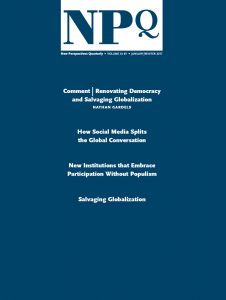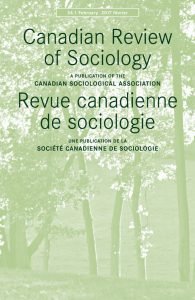Promoting better understanding of social work: Interview with Guy Shennan
Guy Shennan is a social worker of over 25 yrs, Chair of the British Association of Social Workers (‘BASW’) and an independent consultant and trainer in solution-focused practice. He spoke to Sociology Lens about promoting a better public understanding of social work, of the need for collaboration between social work organisations and with service users, and on the benefits of social media as a means of achieving this. What are the aims and visions of the British Association of Social...







1754-9469/asset/society_affiliation_image.gif?v=1&s=9197a1a6ba8c381665ecbf311eae8aca348fe8aa)